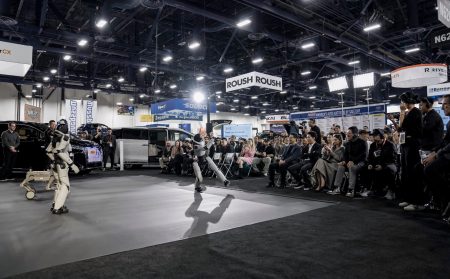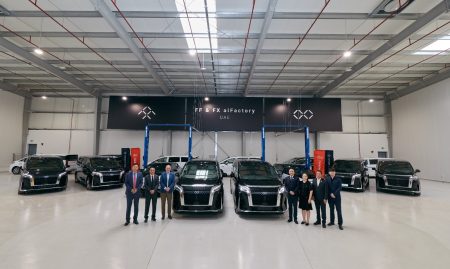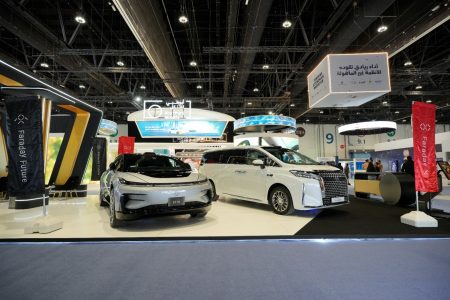Summarize this content to 2000 words in 6 paragraphs in Arabic Unlock the Editor’s Digest for freeRoula Khalaf, Editor of the FT, selects her favourite stories in this weekly newsletter.Some investors may be fretting over an artificial intelligence-related asset bubble. But sales of AI chips are still going strong, with the market expected to reach nearly $100bn this year, double that of 2023. Not all chipmakers are cashing in, though. Samsung Electronics is a notable example. The South Korean chip and smartphone maker released a fourth-quarter operating profit estimate on Wednesday that missed market analyst estimates by a significant margin, highlighting its ongoing challenges in capitalising on this trend. Operating profit is expected to be Won6.5tn ($4.5bn) for the quarter to December, Samsung said. This marks a 29 per cent decline from the previous quarter, when it had also missed profit estimates for its chip business. Its performance has been disappointing enough to prompt a rare apology to investors in October, and an acknowledgment that the company is considered to be in “crisis”.Its slower progress in supplying high-end chips, such as high-bandwidth memory chips used by Nvidia for its AI chips, has left it lagging behind smaller rival SK Hynix in this lucrative market. Meanwhile, the traditional memory chip segment, which includes chips for cars and devices such as smartphones, is also facing growing pressure from a decline in prices and demand. Average prices for these chips fell around a quarter last year.Samsung’s challenges run much deeper than just chips. Historically, sales of devices including smartphones, TVs and home appliances had provided a reliable buffer against the cyclical downturns of the chip industry. But this once dependable segment is now also facing headwinds from declining consumer demand and intensifying competition.Investors should not dismiss Samsung entirely when looking for AI exposure. The company retains a key advantage as one of the few chipmakers in the world that has the ability to produce memory chips essential for AI applications. High-margin AI chips will help chipmakers to offset weakness elsewhere, with prices of traditional memory chips expected to fall further this year.Yet investor concerns are unlikely to ease until Samsung secures a position as a key supplier to Nvidia. Shares are still down more than a third in the past six months and trade at 11 times forward earnings — around half that of Taiwanese peer Taiwan Semiconductor Manufacturing Company. Samsung’s latest profit estimates point to an operating margin of 8.7 per cent, a stark contrast to TSMC’s average margins of over 40 per cent over the past four years.As rivals rapidly win market share, closing that gap will depend on how fast Samsung is able to catch up on technology and client lists. [email protected]
rewrite this title in Arabic Samsung’s revival still hangs on winning Nvidia’s AI custom
مقالات ذات صلة
مال واعمال
مواضيع رائجة
النشرة البريدية
اشترك للحصول على اخر الأخبار لحظة بلحظة الى بريدك الإلكتروني.
© 2026 جلوب تايم لاين. جميع الحقوق محفوظة.








